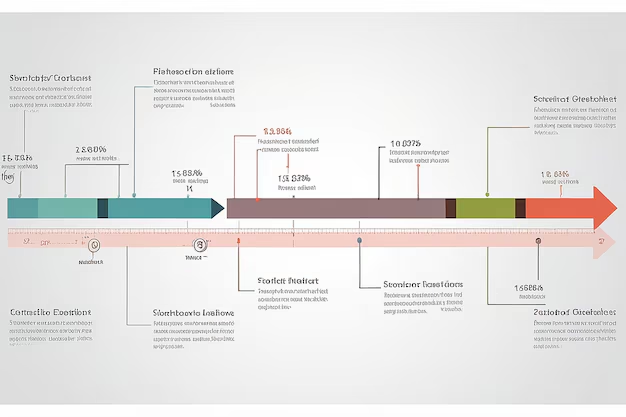What Degrees, Certifications, or Licenses Are Needed to Become a Pathologist?
Embarking on a career as a pathologist is a dedicated and rewarding journey, demanding an intricate blend of education and training. Aspiring pathologists must begin with a bachelor's degree, typically in a science-related field such as biology or chemistry. Following this, they must gain admission to a medical school to earn a Doctor of Medicine (M.D.) or Doctor of Osteopathic Medicine (D.O.) degree, which usually takes four years. After medical school, the aspiring pathologist must undertake a residency program in pathology, lasting between three to four years, to gain specialized knowledge and hands-on experience. Board certification from the American Board of Pathology is also essential, necessitating rigorous examinations to validate one's expertise and readiness to practice.
To maintain and enhance their knowledge, pathologists are often encouraged to pursue optional fellowships, which can add another one to two years to their training, focusing on subspecialties like forensic pathology or cytopathology. Staying updated with the latest advances in the field is crucial, making continuous education a key component of a successful pathologist’s career. For those drawn to this life-saving profession, understanding and valuing each step in this educational pathway is paramount.
Path to Becoming a Pathologist
- 🎓 Bachelor's Degree: 4 years in a science-related field
- 🏥 Medical School: 4 years to earn an M.D. or D.O. degree
- 👩⚕️ Pathology Residency: 3-4 years of specialized training
- 📜 Fellowship (Optional): 1-2 years for specialization
- 📋 Board Certification: Obtain certification from the American Board of Pathology
- 🔄 Continuous Education: Ongoing learning to stay abreast of medical advancements
